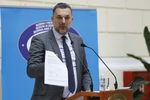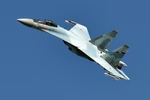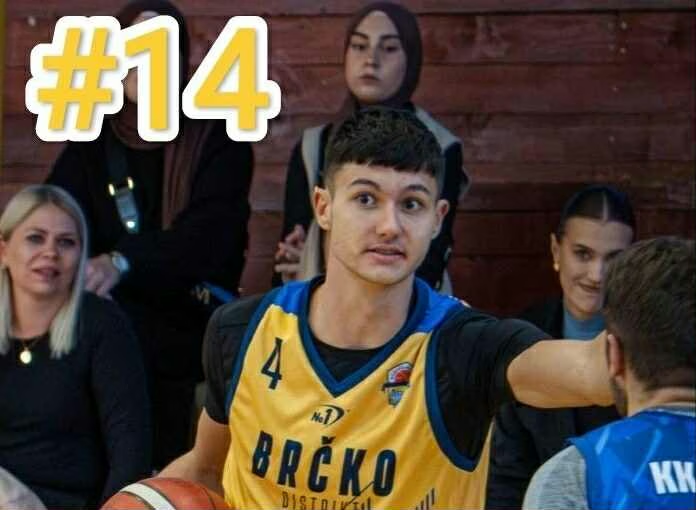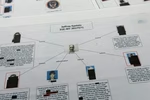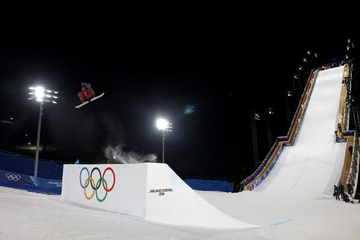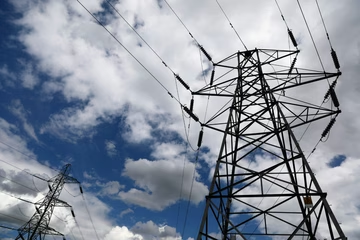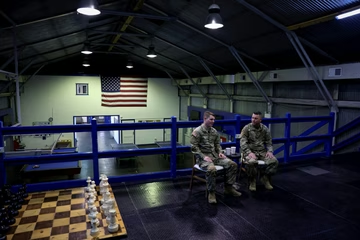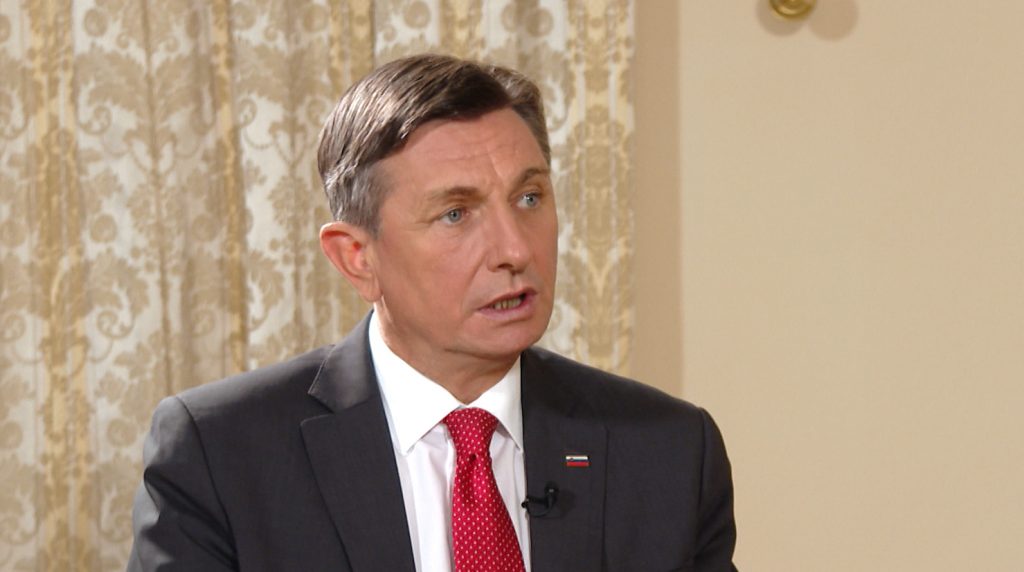
The statesmen who wish well to Bosnia and Herzegovina should help the country get out of the status quo, “which is not a status quo but is actually a decline,” President of Slovenia Borut Pahor told N1, noting that this should be done in cooperation with local authorities.
He was asked to comment on the recent meeting of Serb member of Bosnia's tripartite Presidency Milorad Dodik with Slovenian Prime Minister Janez Jansa, soon after Dodik's meeting with Hungary's PM Viktor Orban, which some in Bosnia took as an attempt of lobbying for further weakening of Bosnian institutions and even further for the secession of Republika Srpska, Bosnia's Serb-dominated region.
“I was familiarised with the meeting as much as the local and international audience was. I haven't discussed with the head of the government the content of the meeting with Mr Dodik. I believe that the dialogue with one or all three members of the Presidency can always be useful if we have one important goal ahead of us, and that is that we do all to preserve territorial integrity of Bosnia and Herzegovina, to work with Bosnian authorities and with the help of the international community to make Bosnia and Herzegovina functional and, finally, an European state.”
Commenting on the fact that the meeting was attended by only one member of the Presidency, who is also not the current Chairman, Pahor said that he was careful when meeting Bosnian Presidency to meet with all of its three members, especially in the recent years “when the situation unfortunately become more delicate.”
“On one hand it was a message, that all three peoples can together create conditions for a functional, European state, with a quality and democratic life. I believe that Bosnia and Herzegovina has that capacity, without underestimating the problems it is struggling with now.”
Slovenian President also suggested an initiative among foreign officials, called “Friends of Bosnia and Herzegovina”, which would gather politicians and experts on an informal level and which would help the local authorities in Bosnia find solutions to crucial problems so that the country makes progress in its talks with the European Union.
“We are here to help Bosnia and Herzegovina to, of course, remain within its territorial borders and to be functional.”
As for allegations that Dodik's meeting with PM Jansa happened because they both are right-wing politicians, Pahor noted that everyone is entitled to the right to talk and cooperate, and that this is more natural among those who share the same stances. “I think there is nothing wrong with that.”
However, he stressed that the point of a “mature, international policy” is in trying to overcome the narrow partisan interests, including the nationalist ones, and to pursue the context of a peaceful and united Europe, which would include the Western Balkans. “And all my efforts, especially over the past years, are focused on that.”
Although the EU leaders expressed a joint stance that they see the Western Balkans as a number one geo-political priority, Pahor deems that the EU should immediately start political talks with everyone in the region and seek the solutions, because time is running out.
The current status quo, which is actually a decline, is still not jepardising the peace and security, according to the Slovenian President, but one cannot tell for sure when this situation could reach the point of no return.
“If the international community, in cooperation with Bosnian authorities, finds a solution to the future of Bosnia and Herzegovina, then, it seems, it would be much easier to find solutions to all other issues,” said Pahor, referring to other Western Balkan countries such as North Macedonia.
He welcomed “sincere efforts” of the United States in finding the solutions in Bosnia and Herzegovina, for the issues of electoral reform and the announced withdrawal of Republika Srpska entity from the state institutions as well as all other problems. However, he noted, what is missing here is “equally intensive European presence.” According to him, High Representative Christian Schmidt is, in a way, solving this with his own presence. Pahor welcomed the international envoy's report on situation in Bosnia presented to the UN Security Council, in which he spoke openly about major problems in the country.
As for the role of Slovenia, the EU member state, which currently holds the EU Presidency, and its recently EU-Western Balkans Summit, Pahor praised the efforts of PM Jansa who made the meeting “more or less successful" and added that the summit stressed the importance of the EU enlargement in the Western Balkans and its territorial integrity.
“So, this is the progress that Slovenia didn't make alone but its success is greatly impacted by our efforts.”
Kakvo je tvoje mišljenje o ovome?
Učestvuj u diskusiji ili pročitaj komentare





 Srbija
Srbija
 Hrvatska
Hrvatska
 Slovenija
Slovenija












